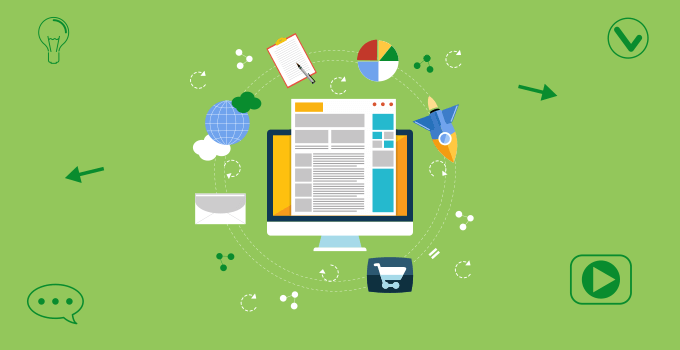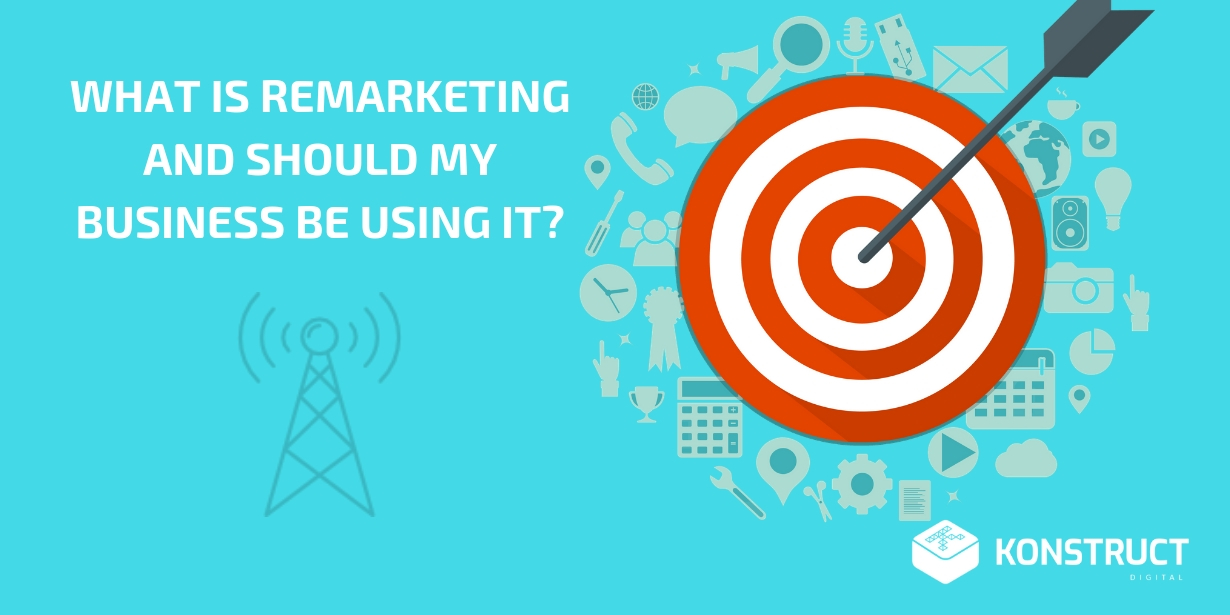
Facebook advertising is one of the most popular platforms for businesses. You do want to pay for each impression and click, so you may be tempted spend more on Facebook ads than you would on Google ads. There are many differences between Facebook ads as well as Google ads. This article will help you compare them. For some useful tips, continue reading. Here are some quick facts about Facebook ads and how they can benefit your business.
Cost per conversion
Comparing the cost per conversion for Facebook ads and Google ads shows that the latter is more affordable. An apparel business could pay $0.45 per conversion versus $5.30 with Google Ads. On the other hand, Google Ads cost about $3.6 cents per conversion. You can use either Facebook or Google to generate leads. The industry in which you work will affect the cost of Facebook ads vs Google advertising. Insurance and finance companies are the most profitable for Google Ads.
Google Ads can be more effective in selling expensive products. However, they require a steep learning curve. Although Facebook Ads are cheaper than Google Ads they can be more expensive if you advertise on highly competitive keywords. Facebook's interface can be used to advertise on Instagram, which is also easier than Google Ads. However, Facebook Ads are more expensive than Google's ads if you don't target your audience well.

Cost per mille
Both Facebook and Google have their advantages and disadvantages. Google is the most used search engine, but Facebook is the most widely-used social network. What makes each platform different is how they measure the cost of advertising. Google measures ad spend using the CPC method, while Facebook measures the cost per thousand. Facebook ads are more effective for businesses looking to generate traffic, while Google has more flexibility for advertising budgets.
Cost per Mille is how much an advertiser will pay for each click. The former only applies to relevant clicks while the latter only applies to clicks which result in a sale. Facebook, on the other hand, has more targeting options for certain segments of the market. However, it is more expensive so it is better not to go too far and then build up. CPC can help you optimize your advertising budget and allow you to test different strategies before you make a final decision.
Cost per click
While both platforms have similar costs per click, Facebook's ads format has a higher click through rate. Google Ads, however, are more efficient at capturing leads who want to buy. Ultimately, a Google Ad will have a higher return. Which one should be used? When deciding which platform to use, there are many factors to take into consideration. Here are some key differences among the platforms.
Facebook's cost-per-click (CPC), is 56% lower than Google, although it could be even lower depending upon the industry or location. Facebook converts at 9-10 percent, compared to 3.75% with Google ads. Facebook is a high-ROI, affordable platform. Its ad format, while more seamless and pleasing to the eye than Google's, is much more appealing.

Cost per 1000 impressions
When comparing the cost of Facebook advertisements to Google ads, it's important to understand how the two platforms are different. While CPC is the standard for measuring the cost effectiveness of an ad campaign, CPM can also be used to compare the performance of different ad campaigns. Facebook CPM is the total cost of an ad campaign multiplied with the number of impressions.
Although Google Ads & Facebook Ads have very different models, the two have similar goals. Both can increase your brand awareness and sales, but each has distinct advantages and disadvantages. To create a successful strategy, you need to understand the differences between each platform and how to use them. If you are looking for high-quality traffic but don't want to spend too much on low-converting ads, Facebook ads might be a good option.
FAQ
What is radio advertising?
It is important that you understand the differences between media. The most important thing to remember is that all forms of media are complementary rather than competitive.
Radio is best used as an extension of television advertising. It can reinforce key messages and provide additional information.
Radio listeners are often not able to handle long TV commercials. Radio ads are usually shorter and less expensive.
Social media is a great way to advertise your business.
Social Media Marketing, or SMM, allows you access customers directly on social networks, such as Facebook, Twitter LinkedIn YouTube YouTube Google+. You can also target specific groups within these networks using keywords.
Because this advertising method costs less online than traditional methods, it's more cost-effective. This method allows you to develop strong relationships with potential and current clients.
It's very easy to start using social networks to promote your business. All you need is access to the Internet and a smartphone.
What is branding?
Branding is a way to communicate who and what you are. It's how people remember you and your name.
Branding involves creating an identity that makes your company stand out. A brand is not just a logo but also includes everything from your physical appearance to the tone of voice used by employees.
Because they are confident they will get what they want, a strong brand can help customers feel more comfortable buying from you. And it gives them confidence in choosing your products over those of competitors.
Apple is a good example of a company that has a strong brand. Apple is a globally recognized brand because of its beautiful design, high-quality product lines, and friendly customer service.
Apple's brand is synonymous with technology. Apple is what people associate with when they see a phone or computer.
When you consider starting a business, it's important to develop a brand. This will give your company a face and personality.
What are the basics of print advertising?
Print advertising is an effective medium for communicating with consumers. Many companies use print advertising to promote their products. The goal is to get the consumer's attention.
Print ads are typically short (1 page) and usually include text, photos, logos, or other graphics. These ads may include sound, animation and video as well as hyperlinks.
Here are the main types and classifications of print advertising:
1. Brochures - Large format printed brochures are used to draw people in to stores. Brochures can often be adorned with brightly colored images and eye-catching designs.
2. Catalogues- These are smaller versions and variants of brochures. These are often sent to customers who have asked for information on particular items.
3. Flyers - These are small pieces of paper distributed at events such as concerts and fairs. Flyers can be handed out at retail outlets for a small fee, but are generally free.
4. Posters – These are larger versions than flyers. They are often displayed on walls, fences, or buildings. They are created by computer software programs in order to grab passersby's eyes.
5. Direct mail: These are postcards or letters that are sent directly by post to potential customers. These cards are sent by companies periodically to remind their customers about their company.
6. Newspaper ads - These ads are published in magazines and newspapers. They can be quite lengthy and often include text as well as images.
What is advertising's primary purpose?
Advertising is not just about selling products; it's also about creating an emotional connection between you and your customers.
Advertising is about communicating ideas and values to people who are already interested in what you have to offer. Advertising is about changing minds and attitudes. It's about building trust.
It's about helping people feel good about themselves.
You can't sell to your customers if you don’t know their needs.
You must first get to know your customer before you can start advertising projects.
You can then design ads that resonate with them.
What is an advertisement buyer?
Advertisers buy advertising space on television, radio, and print media.
Advertisers pay for the time their message appears.
They don't necessarily seek the best ad; they want to reach their target markets with the most effective ad.
Advertisers may have demographic information such as the age, gender, marital status, income level, occupation, hobbies, and interests of their customers.
This information can be used by advertisers to decide which media works best for them. For example, they might decide that direct mail would be more effective with older audiences.
Advertisers also look at the competition. Advertisers may choose to place ads near competitors if there are similar businesses in the area.
In addition, advertisers consider the size of their budget and the amount of time they have to spend their money before it expires.
What are your thoughts on television advertising?
Television advertising can reach a lot of people quickly and is very effective. It was also expensive. However, if you use it well, it can be incredibly powerful.
There are many different types of TV ads, but they all have certain common characteristics. When planning any TV ad, the first thing you should do is ensure that it fits within its category. Don't confuse a lifestyle ad with a product advertisement if you are running a commercial. Your message must be consistent throughout the campaign.
Second, prime-time hours are the best times to air your ads. This is because viewers tend to watch TV while sitting down in front the television. You want them relaxed enough that they can focus on you words.
Finally, just because you've a lot of money doesn't mean you'll get great results. The opposite may actually be true. The University of California conducted a study that found commercials shown on popular programs were less likely than those on non-popular programs to sell products. Make sure you are doing it right if you're spending a lot on TV advertising.
Statistics
- Advertising's projected distribution for 2017 was 40.4% on TV, 33.3% on digital, 9% on newspapers, 6.9% on magazines, 5.8% outdoor, and 4.3% on radio. (en.wikipedia.org)
- In 1919 it was 2.5 percent of gross domestic product (GDP) in the US, and it averaged 2.2 percent of GDP between then and at least 2007, though it may have declined dramatically since the Great Recession. (en.wikipedia.org)
- Worldwide spending on advertising in 2015 amounted to an estimated US$529.43 billion. (en.wikipedia.org)
- Google will display whichever ad type (CPM or CPC) is expected to earn more revenue for the publisher, which is in Google's best interest since they take a 32% share of the revenue. (quicksprout.com)
External Links
How To
How do I advertise on Google?
AdWords is Google's advertising platform where businesses can buy ads based on keywords they want to target. The first step is setting up your account. Set the budget, select the campaign name, and then add keywords. You then place your bids on these keywords. Clicking on an ad will pay you only if it is clicked by someone who searched using one of your targeted keywords. You get paid even if people don't purchase anything.
Google offers many tools that will help you make your ads more effective. These include Ads Preferences Manager, Keyword Planner, Analytics, and Ads Preferences Manager. These let you determine which strategy is best for you business.
The keyword planner will help you decide which keywords you should use in your campaigns. The keyword planner also helps you determine how much competition exists for specific keywords. This will allow you to decide whether you want to spend money bidding.
You can use Ads Preferences Manager to change settings like the maximum number of impressions per day and the minimum cost per click.
Analytics allows you to track and compare the performance of your ads with those of other advertisers. You can view reports that show how your ads performed in comparison to other ads.